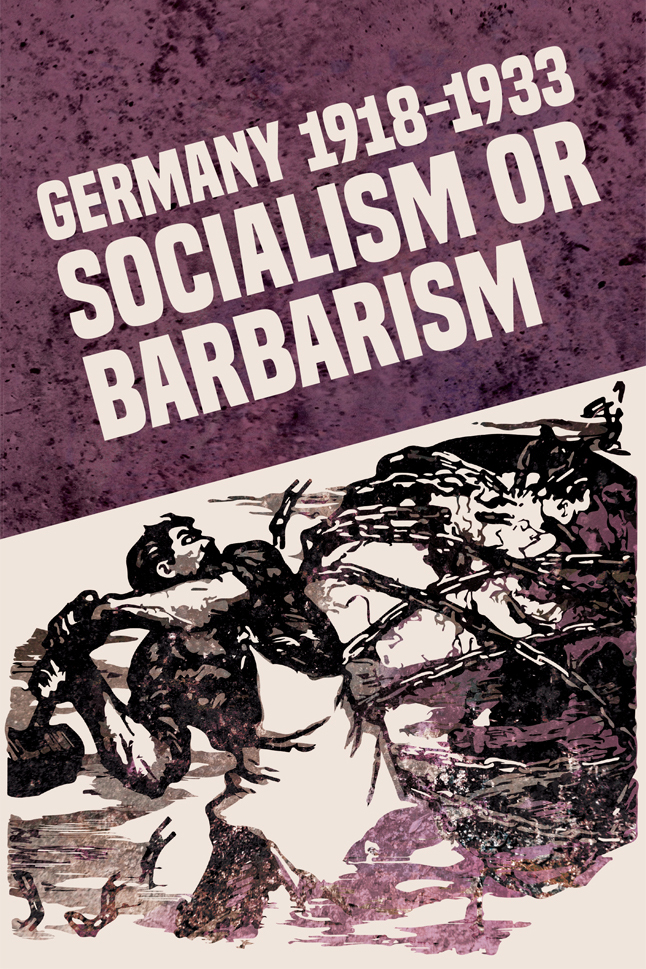Germany 1918-33 was one of the most tumultuous periods in history. Following the revolution in Russia, the German workers and soldiers attempted to seize power in November 1918. Unfortunately, the revolution was betrayed by the Social Democratic leaders.
Further revolutionary convulsions rocked Germany from 1919 to 1923. By this time, a mass Communist Party had been formed, but following advice from Zinoviev and Stalin, a classical revolutionary opportunity in 1923 was missed.
This was a blow, not only in Germany, but internationally. The German defeats served to strengthen the grip of the Stalinist bureaucracy in Russia. This resulted in zig-zags of policy between opportunism and ultra-leftism, which paved the way for the ‘Third Period’ with the Social Democrats regarded as the main enemy.
With the rise of fascism, Leon Trotsky described Germany in 1931 as “the key to the international situation”. “On the direction in which the solution of the German crisis develops will depend not only the fate of Germany herself (and that is already a great deal), but also the fate of Europe, the destiny of the entire world, for many years to come,” he explained.
Trotsky called for a United Front against fascism, but this was rejected by the Stalinists. This paved the way for the victory of the Nazis, leading to the Holocaust and the Second World War with its 55 million dead.
In this book, Rob Sewell argues that all this was not inevitable, and analyses those events, drawing out the lessons for today.

